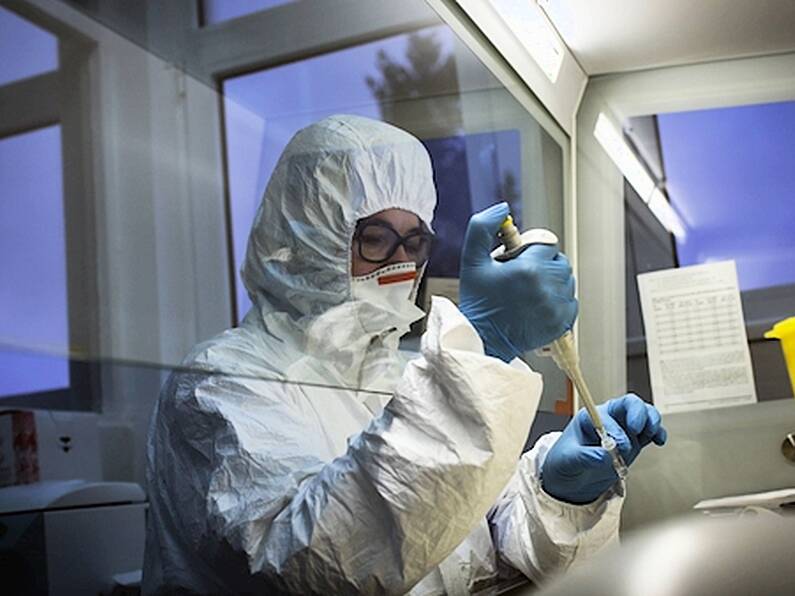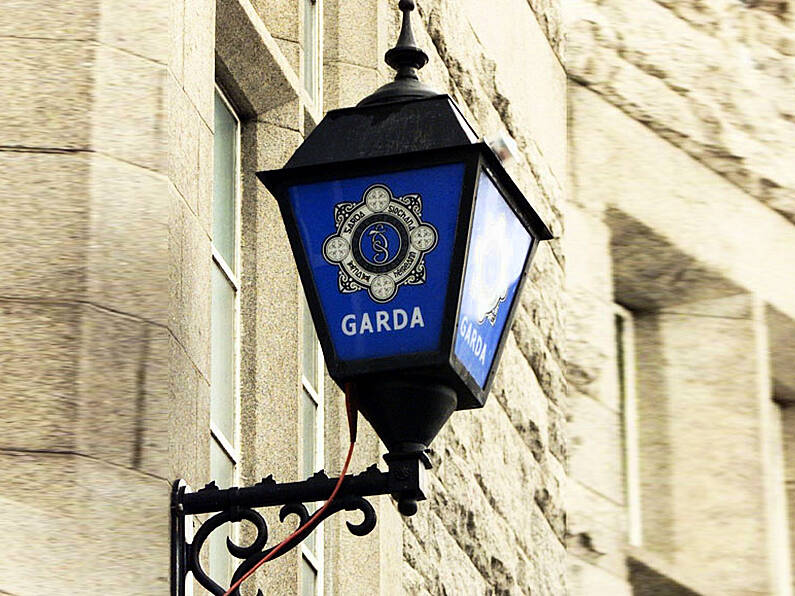There is not enough international evidence to suggest a person who gets COVID-19 then becomes immune, according to the Deputy Chief Medical Officer.
Yesterday a HIQA report found antibodies develop soon after infection.
But Dr Ronan Glynn says that is not necessarily positive evidence just yet.
"What it is doing is adding to our understanding of issues around immunity," said Dr Glynn.
"Obviously we need to continue to look at that.
"The World Health Organisation spoke about this issue the other day and were clear that in many of the studies that have been done internationally there isn't evidence of immunity in populations of greater than 10% in pretty much all of the studies that have been done."
The World Health Organisation (WHO) condemned the concept of herd immunity for COVID-19 as "dangerous".
Dr Mike Ryan, executive director of the WHO’s health emergencies programme, told a press briefing in Geneva: “Humans are not herds, and, as such, the concept of herd immunity is generally reserved for calculating how many people will need to be vaccinated and the population in order to generate that effect.
“This is a serious disease, this is public enemy number one, we have been saying it over and over and over and over again.”
He said “no one is safe until everyone is safe”, adding: “So I do think this idea that ‘maybe countries who had lax measures and haven’t done anything will all of a sudden magically reach some herd immunity, and so what if we lose a few old people along the way?’ – this is a really dangerous, dangerous calculation.
“And not one I believe most member states are willing to make that arithmetic.
“Responsible member states will look at all their population – they value every member of society and they try to do everything possible to protect health while at the same time, obviously, protecting society and protecting the economy and other things.
"We need to get our priorities right as we enter the next phase of this fight.”
Additional reporting by Press Association






